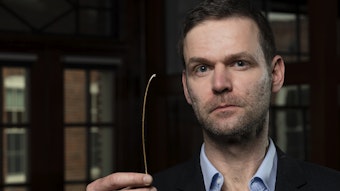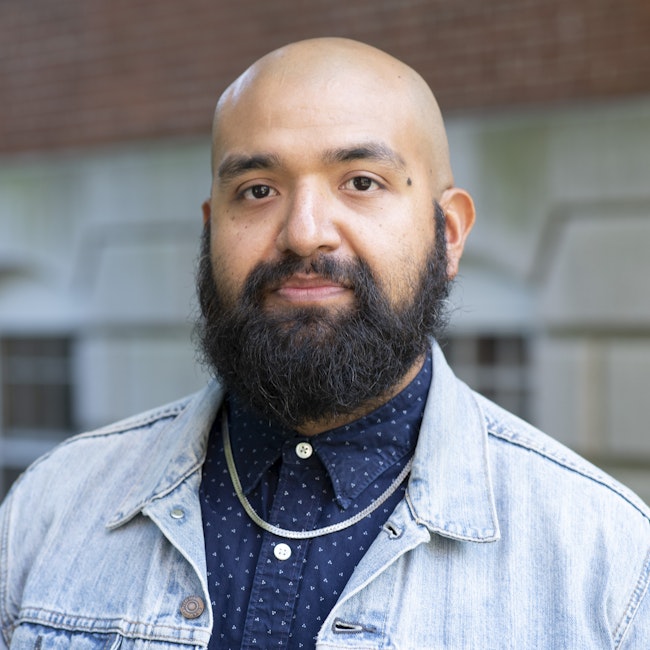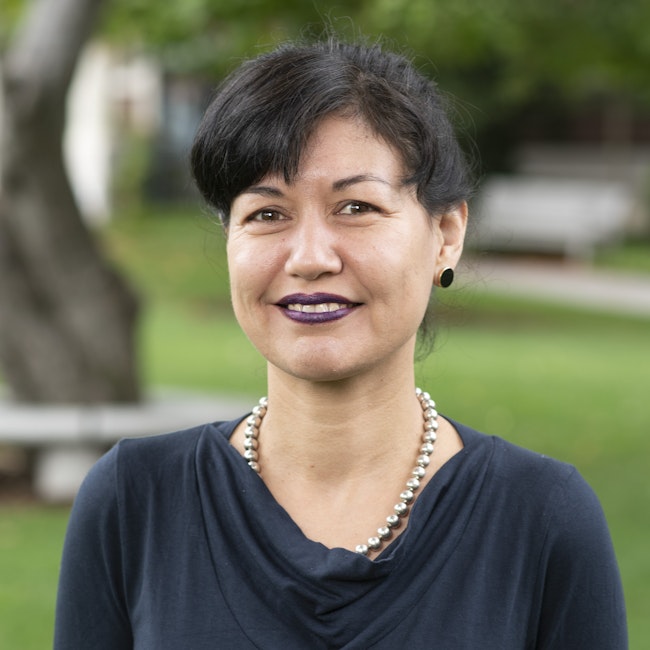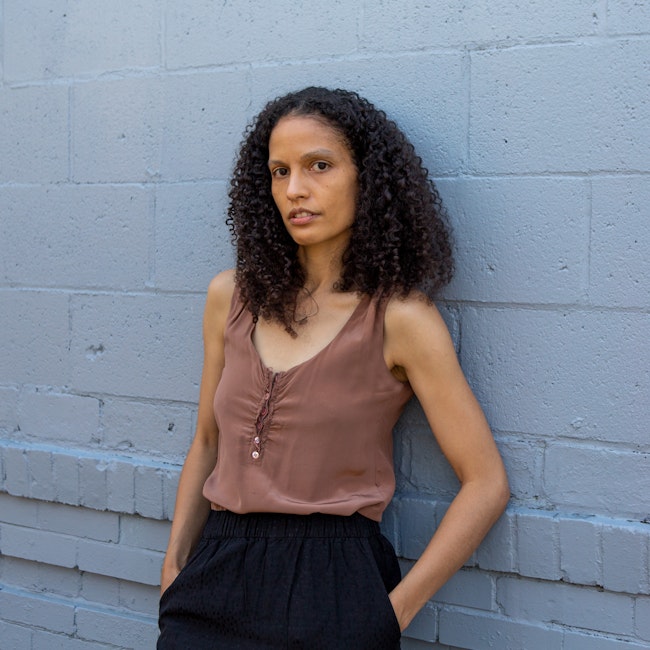Christian Rutz
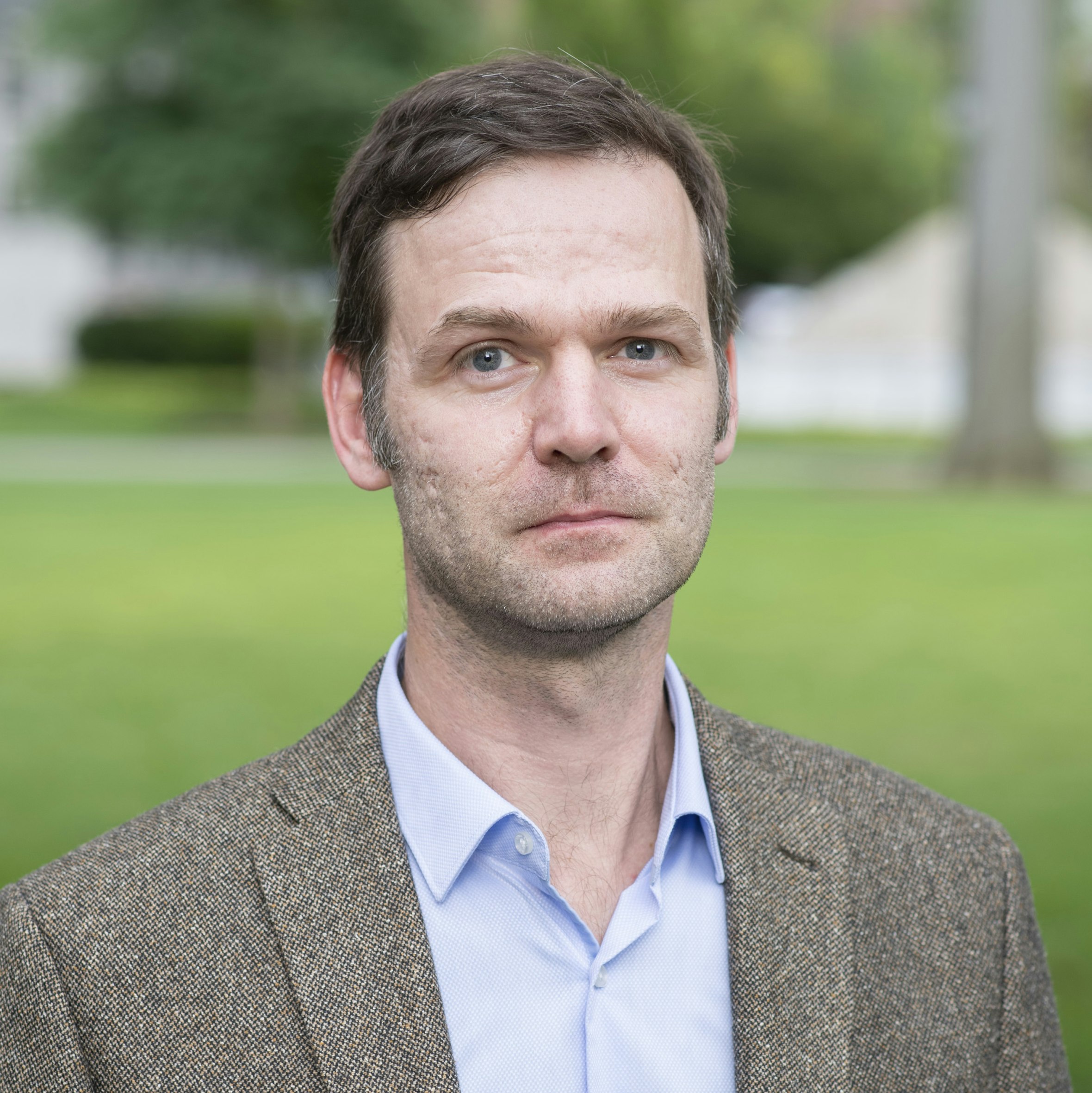
This information is accurate as of the fellowship year indicated for each fellow.
Christian Rutz is a professor of biology at the University of St Andrews, in Scotland, where he leads a research group studying animal tool behavior. He combines observational, experimental, and theoretical approaches to address a major scientific puzzle: Why do so few animal species use tools, and how have humans become so technology savvy?
Rutz probes the evolutionary origins of tool behaviour with an innovative research strategy. Rather than studying our primate cousins, he investigates tropical crows that have the curious habit of using foraging tools. His principal study species, the renowned New Caledonian crow, fashions complex tool designs from a variety of plant materials and may even refine its technology over time. Rutz recently discovered that the critically endangered Hawaiian crow is also a skilled tool user, opening up exciting opportunities for comparative research. At Radcliffe, Rutz is pursuing a range of interrelated objectives on the tool behavior of New Caledonian and Hawaiian crows, exploring the biological processes that allow rudimentary technologies to arise, advance, and diversify.
Rutz obtained his doctorate as a Rhodes Scholar from the University of Oxford, was subsequently awarded a prestigious David Phillips Fellowship, and held visiting appointments at the Universities of Oxford, Tokyo, and New South Wales. His research is regularly published in leading interdisciplinary journals, including Nature and Science, has attracted a string of academic prizes, and has been showcased at major public science exhibitions. Rutz has pioneered cutting-edge wildlife tracking technologies and serves as the founding president of the International Bio-Logging Society.
COVID Lockdown Offers Insight into Human-Wildlife Interactions (Harvard Gazette, 8/31/20)
